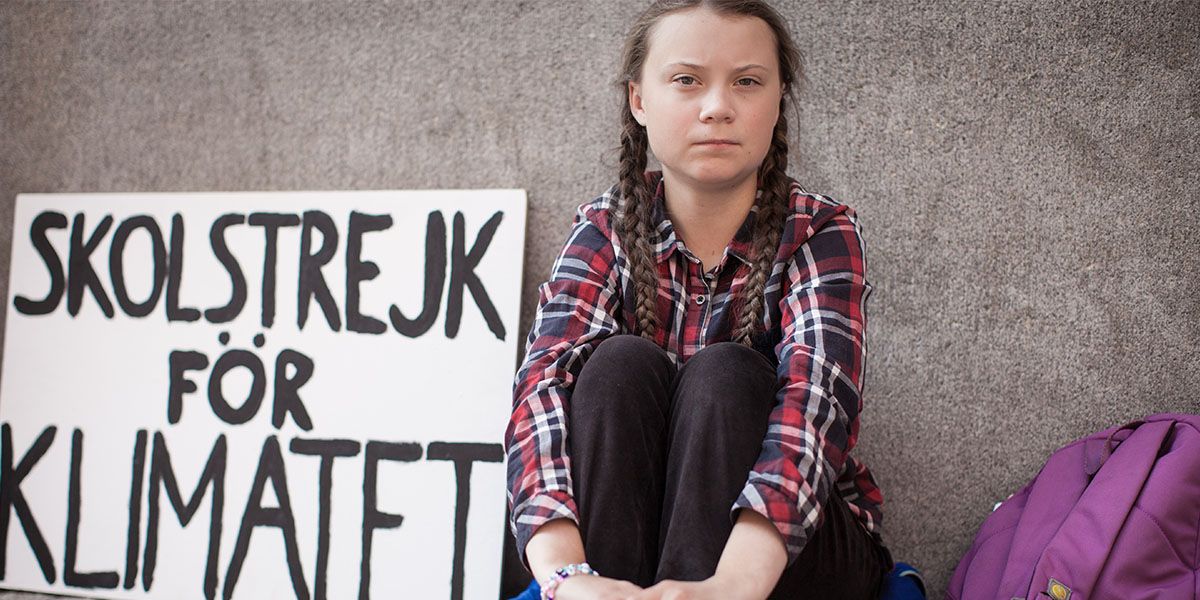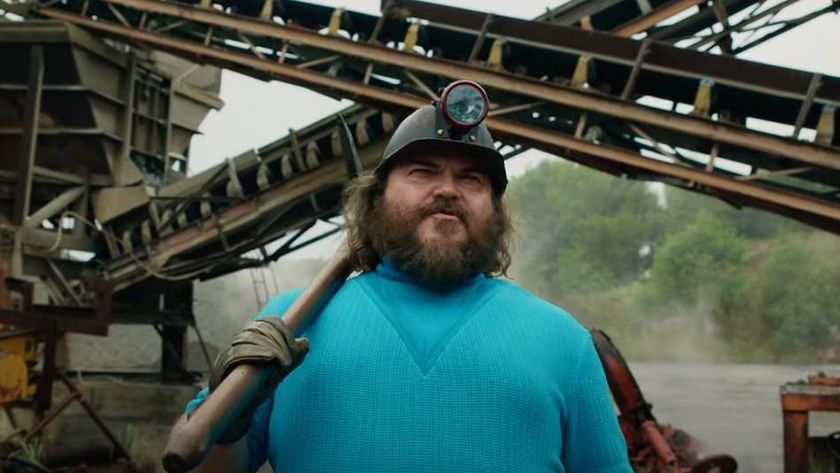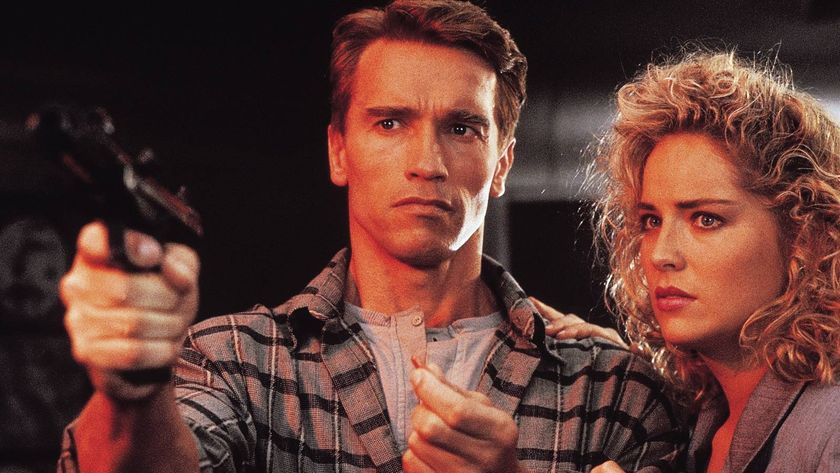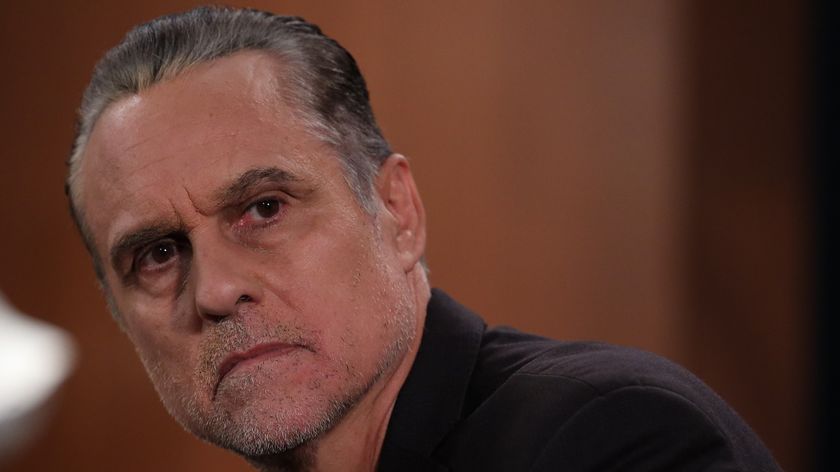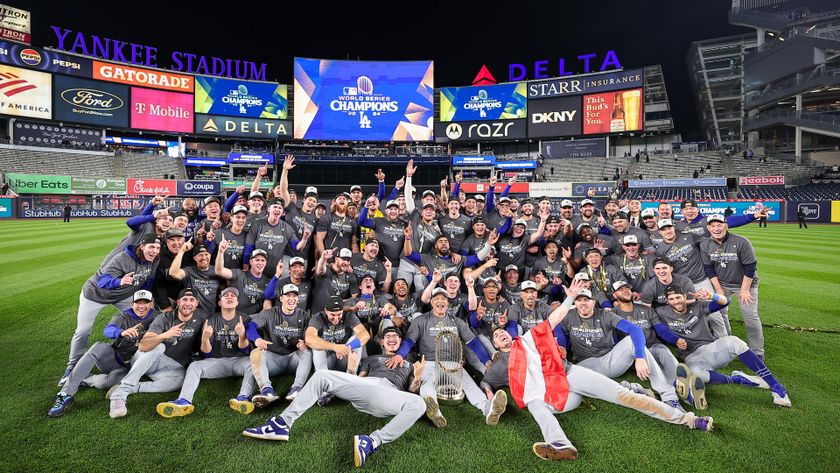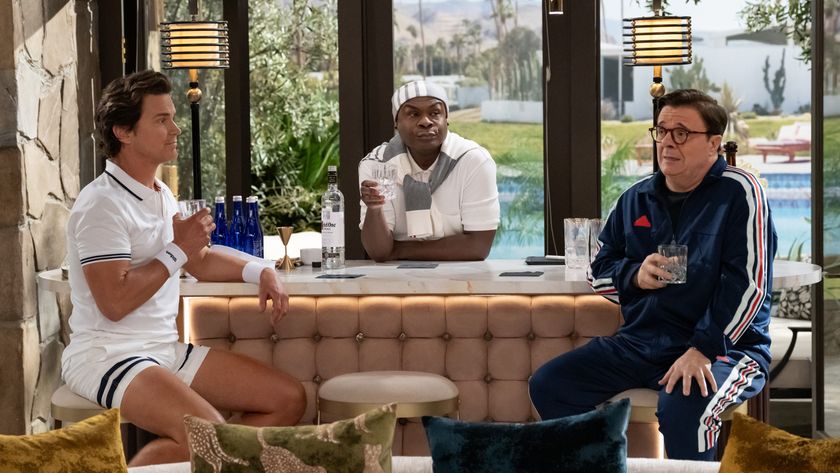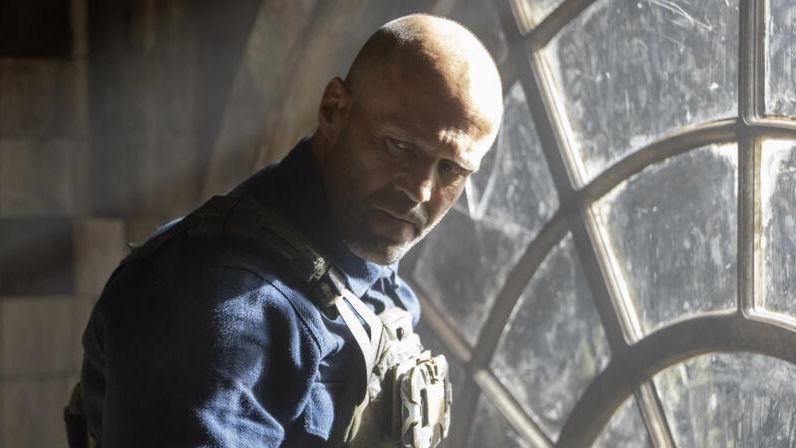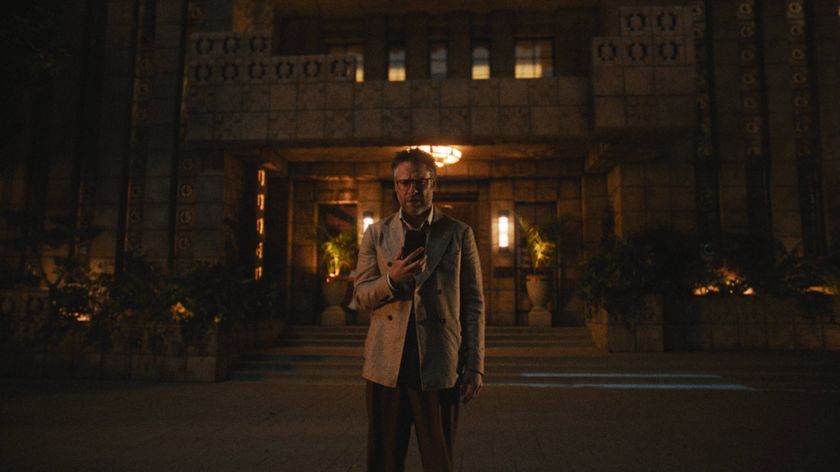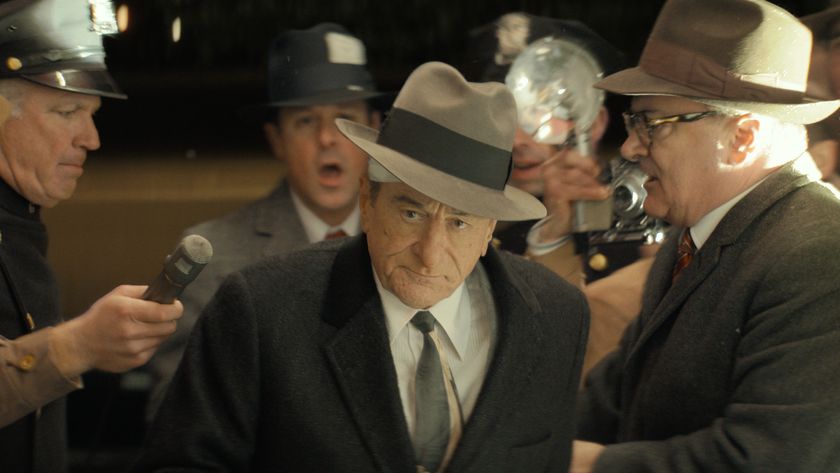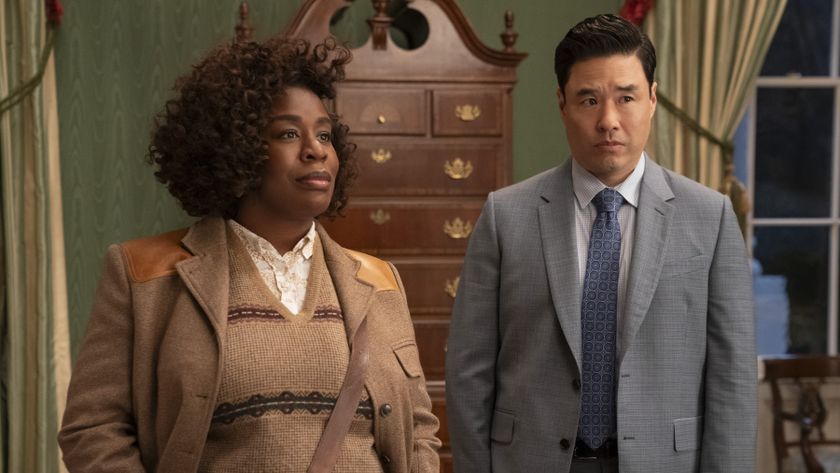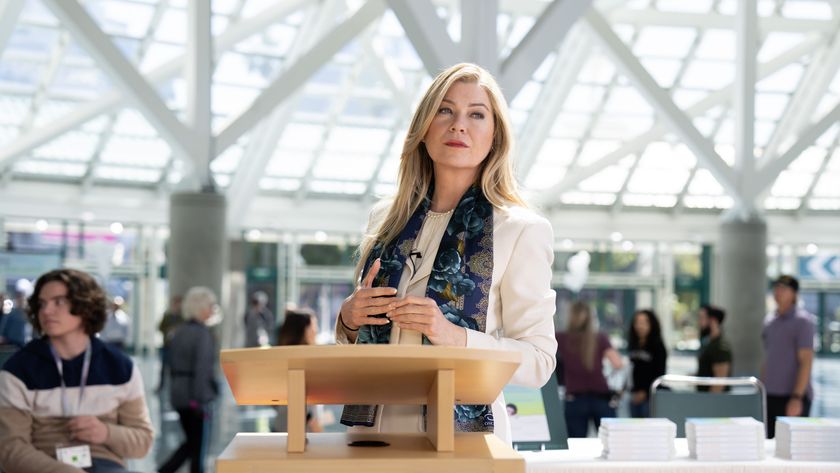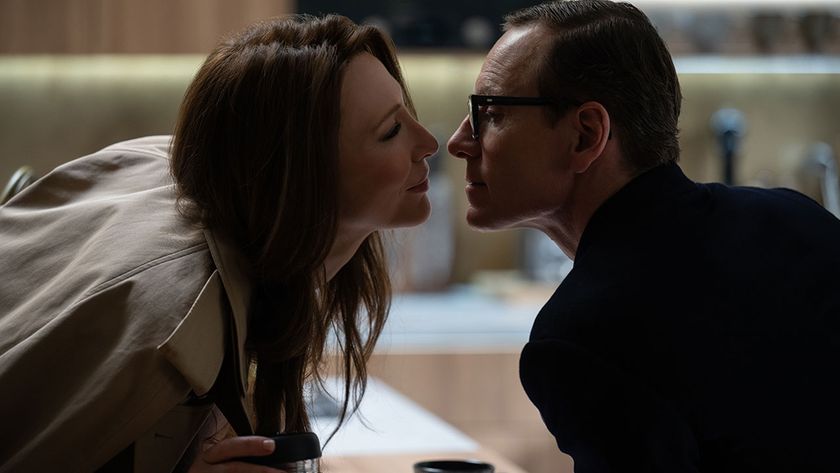What to Watch Verdict
Documentarian Nathan Grossman leaves some intriguing questions unanswered in his chronicle of the teenage activist's short career in the world spotlight.
Pros
- +
🌱 Grossman spotlights the complex emotional connections between Thunberg's disabilities and the liberating force of her efforts to do good.
- +
🌱 Grossman captures some powerful images of Thunberg exploring her world against the backdrop of the industrialized forces she fights against.
Cons
- -
🌱 The documentary fails to examine the family dynamics, and 🌱 As damning as its portrait of world leaders' inactivity, the film doesn't spotlight her concrete solutions or efforts to combat climate change.
In a year where so many activists and their causes are being (rightfully) spotlighted, it was practically a foregone conclusion that Greta Thunberg's crusade would be among them. Nathan Grossman’s I Am Greta takes a closer look at her mission for climate change awareness, following the extraordinary young woman from her earliest protests in Stockholm to the moment of her impassioned speech at the UC Climate Action Summit in 2019 where she indicted world leaders for their inactivity with perhaps the most important issue of our current moment.
As undoubtedly essential as her efforts may be, Grossman’s film captures the life of a young woman with much more ambiguity than one might expect, to lesser effect than one might hope. Following Thunberg not only through her speeches and public appearances as her celebrity on the world stage grows, but her family’s management of her schedule and health while she deals with Asperger syndrome, I Am Greta reiterates the importance and urgency of climate change awareness voiced with merciless accuracy through her impassioned pleas, even as it hints that her motivations may be as self-serving as they are altruistic.
Grossman’s film starts when Thunberg was just 15 as she begins her first climate demonstration, sitting alone outside Stockholm’s capital with a stack of climate change facts under a rock for passersby. Her school strike slowly attracts the attention of the media, leading to a speaking opportunity at the 2018 United Nations Climate Change Conference, the first in a series of public appearances that makes her a star and a symbol among activists. From there, she and her father must figure out the logistics of traveling via automobile or train to attend these events, after she challenged her family to reduce is consumption and carbon emissions, including by not flying no matter the distance.
Grossman doesn’t explain exactly when and how he knew what a “celebrity” she would become — or how he managed to win the family’s confidence — but the filmmaker captures what become watershed moments in her fledgling career as an activist; he is present, for example, when a UN representative calls from Germany inviting her to attend the conference. But whether it’s as a matter of Thunberg’s disposition or possibly her disability, it becomes difficult to determine exactly how she feels about being hoisted up on a world stage to talk about issues that she believes are so vital, especially after we learn how alienated that she is socially from everyone outside of her family.
Given their dynamic — the disciplined Thunberg often seems more like a parent to her shambolic father Svante than the other way around — it’s similarly hard to get a grasp on exactly how they feel about these opportunities for visibility. (Her father’s career as an actor and her mother’s as an opera singer are never mentioned.) It’s clear that they love her, but is putting her behind some of the world’s biggest microphones, and as a result, making her one of its biggest targets, a healthy trade off to compensate for her idiosyncratic emotional needs? Or is it good for the family to center itself around her activism at the expense of her parents’ own ambitions?
Svante addresses Greta’s well-being, but the rest is never explored, and it leaves major questions about the true cost of her activism, and about how important (and even possible) it is to not be a hypocrite when supporting a cause like climate change. Greta refuses to use air travel, but she also uses a microwave, Sony headphones and a Macbook; is the carbon footprint of these devices, not just in their use but in their making, small enough to legitimize them? To be fair, there are few people who more determinedly practice what they preach than Thunberg — culminating in a long boat trip from Sweden to New York for Climate Action Summit. But are there not compromises that can be made, or are being made elsewhere, especially when a young woman’s health and comfort, both physically and emotionally, are at stake?
Again, what the film does best is showcase her campaign in the context of world leaders, from Emmanuel Macron to Arnold Schwarzenegger, and how her example inspires them, but reveals the differences between a principled teenager and politicians reporting to constituents, the media, and of course moneyed donors. Thunberg receives criticism that she doesn’t create concrete solutions to reverse the effects of climate change, and honestly the movie doesn’t adequately counter that criticism, instead focusing on her fiery speeches. She has the luxury to think about solutions without contemplating the potential economic realities, and the logistical feasibility, of accomplishing them. But is it truly her job to do otherwise? Meanwhile, addressing climate change through policy has by and large been purely cosmetic, a show of force rather than a real effort. That the movie doesn’t indict these leaders or quite validate Thunberg’s point of view — except as a sense of urgency that must be met to save her own personal sense of well-being — once again conjures some interesting questions.
These juxtapositions between a kid with special needs and one who’s predictably stubborn, an activist with unshakeable beliefs and one whose beliefs become a tremendous burden given her age, a family trying to care for their daughter and one trying to hold it together, and between a cause of absolutely vital importance and one for which there are few immediate, easy solutions (at least in the eyes of the powers that be) form a fascinating tapestry that propels the documentary to its final scenes. Greta braves an ocean voyage, the ultimate expression of her commitment, expressing her doubts and desires to relieve herself of this burden, and then speaks in righteous anger in front of the world’s leaders before presiding over the biggest climate demonstration in history. As much as it seems like a victory, a caption reminds viewers that five years after signing them, no countries have yet lived up to the requirements of the Paris Climate Agreements, and as many have been inspired by Thunberg, she faces more criticism from media pundits and political leaders than ever before.
What becomes clear is that Greta is, unambiguously, a hero. When her disability threatened to derail her life, she turned her fixation on climate change into a solution rather than a symptom. And so what she’s experienced since then is nothing less than a hero’s journey, fighting opposition, facing adversity, reckoning with the personal demons that would keep her from fulfilling her destiny. That she hasn’t yet accomplished this enormous task is not surprising. But I Am Greta spotlights a more universal and important truth, which is that heroes are never perfect and seldom uncomplicated, because what they are fighting for is never easy.
Todd Gilchrist is a Los Angeles-based film critic and entertainment journalist with more than 20 years’ experience for dozens of print and online outlets, including Variety, The Hollywood Reporter, Entertainment Weekly and Fangoria. An obsessive soundtrack collector, sneaker aficionado and member of the Los Angeles Film Critics Association, Todd currently lives in Silverlake, California with his amazing wife Julie, two cats Beatrix and Biscuit, and several thousand books, vinyl records and Blu-rays.
